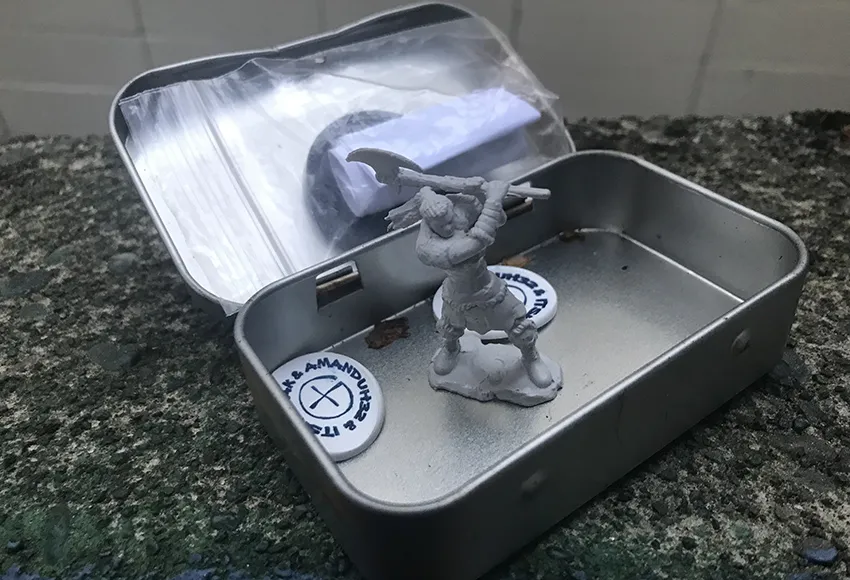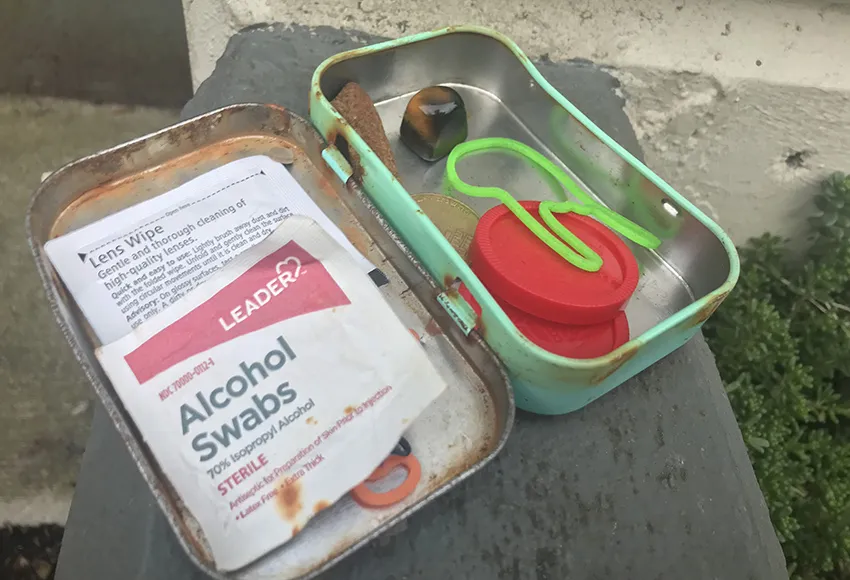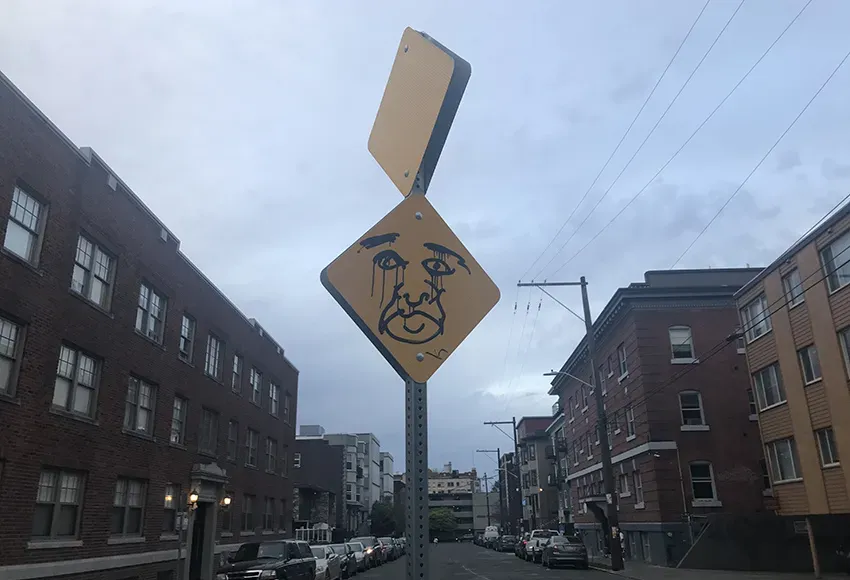Capitol Hill isn't as Queer as it used to be. Articles by The Stranger, KUOW, Eater Seattle, and other outlets, going back as far as 2014, have observed a mass migration from what was once the city's "premiere gayborhood."
These days, the popular culprits for this exodus are tech bros and their girlfriends. Marcus Wilson, manager of the Gay bar Pony, told KUOW in 2014 that Capitol Hill has gone the way of Pioneer Square: "It has become so overwhelmingly popular with young, straight twentysomethings. They have this 'attack, dominate' mentality, and they don't even necessarily know what this place is."
KUOW also spoke with Amin Ghaziani, an associate professor of sociology at the University of British Columbia. He agreed that Queer people were being priced out. But he also argued that younger generations of Queer people don't make sexual orientation the "central, defining aspect of their self," and that a common sentiment nowadays is that all of Seattle is the gayborhood.
So, aside from holdouts like Pony and the Wildrose, Capitol Hill seems to be losing its edge as a gayborhood.

Geocaching on the Hill
But unknown or unacknowledged by most, there's a movement operating in the shadows, under the very noses of the tech-bro gentrifiers. And its headquarters is just across Lake Union.
For the uninitiated, geocaching is the act of hiding or seeking containers of stuff using a GPS-enabled device. It's a lot like recreational treasure hunting. When you find a cache, it's customary to sign a list and exchange a trinket inside for one of your own.
In the hopes of finding and documenting Queer artifacts of a pre-Amazon era, I went hunting for caches in Capitol Hill on a sunny Thursday afternoon. In Cal Anderson Park, a band played punk by the fountain, and the green was busy with picnics, beer pong, and frisbees.
I wrongly assumed that geocaching was a fad of the past, and that old, forgotten urban caches would hold the Queer relics I sought. But the nature of geocaches is constant change. In an urban environment, they can easily go missing, and the contents of a cache large enough to hold trinkets are slightly altered each time they are found, as seekers take one thing and leave behind another.

So most of what I found was irrelevant to my quest – plastic poker chips, packaged alcohol wipes, colorful rubber bands, and Japanese coins – in caches from no earlier than 2019. Any older than that were "log-only," meaning they held just the standard log of names and dates, and were about the size of a tiny matchbox, if not smaller.
The search wasn't entirely a bust, though. Each cache has a name and description in the app, for hints, jokes, or anything else the creator might want to mention. That's where I found the most heart. All the caches I visited on Capitol Hill were dedicated to someone, or made to commemorate a historical event.
One cache was placed in the memory of user samwhys's husband, nicknamed Brad, who passed in 2019. Brad and samwhys met at a bar just a block away from the cache, the description said, and Capitol Hill was "his playground, where he met so many of his dearest friends here in Seattle." Whether Brad and samwhys were Queer is up for speculation, but given that the latter's profile picture is a drag queen, it's likely.
Another cache was hidden at the former site of the Publishing Arts building at Seattle Central Community College. Before the building was turned into a gravel lot, it had housed screen-printing presses and letterpress machines, and the cache's creator, user Calderoo, reminisced in the description about printing their own wedding invitations there. The only thing in the cache was a single penny, which felt fitting, given the impact of the digital age on print publishing.
The most brazen cache commemorated the Capitol Hill Organized Protest (CHOP) zone from 2020 and the events surrounding it, in full view of the police precinct on Pine and 12th. It highlighted the racial disparities in hospitalizations and deaths during the COVID-19 pandemic, as part of a "series" of caches that marked pandemic milestones.
I may not have found precisely what I was looking for in the time I had, but Capitol Hill has so many places still dear to the Queer community. It's in our hands, then, to create more of these hidden shrines, to honor the past and cherish the present, and have a little fun treasure hunting in the process.
For any who pick up where I left off, I left a Dungeons & Dragons miniature in the cache named "Scott," after user samwhys's father.


